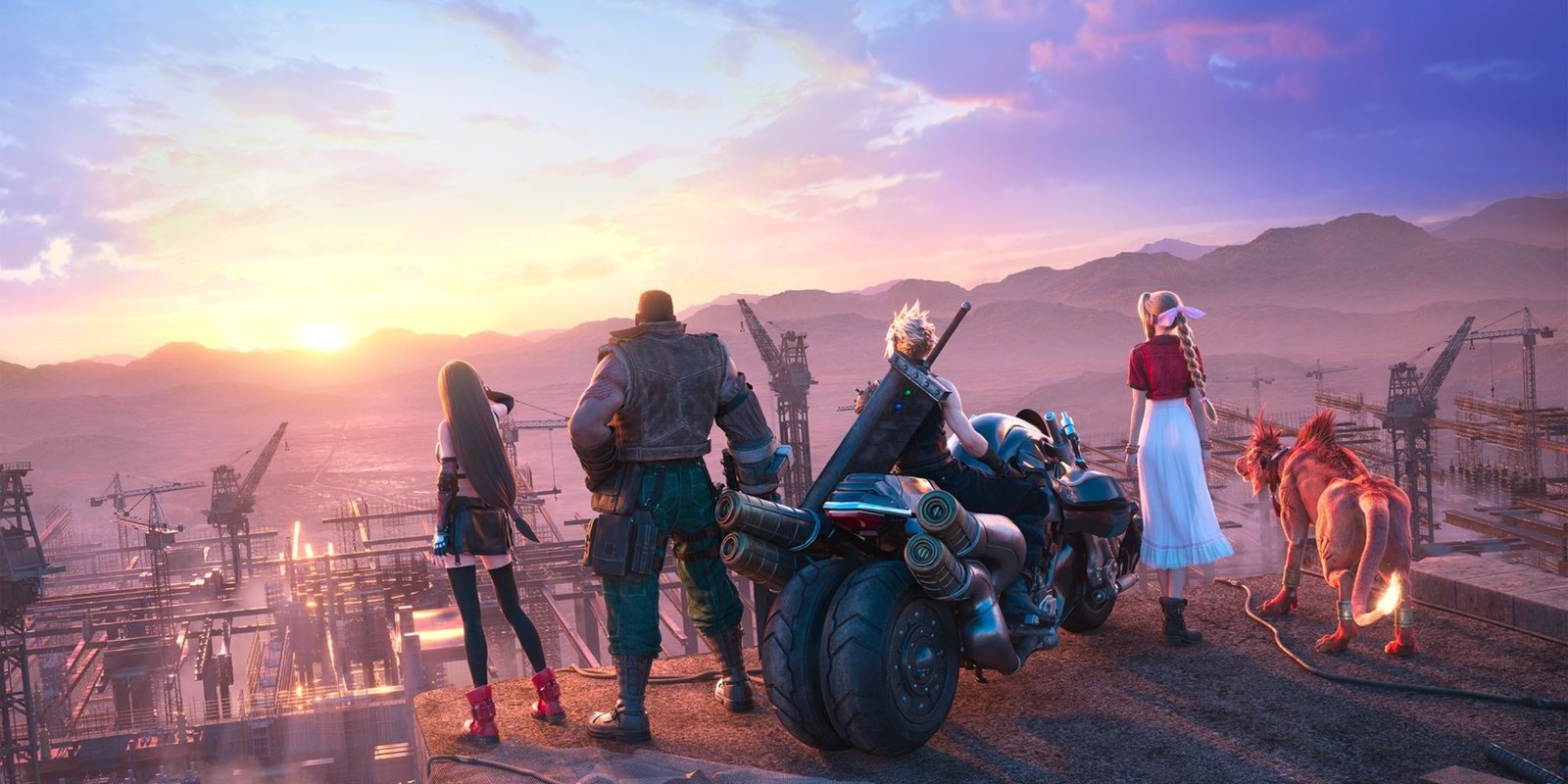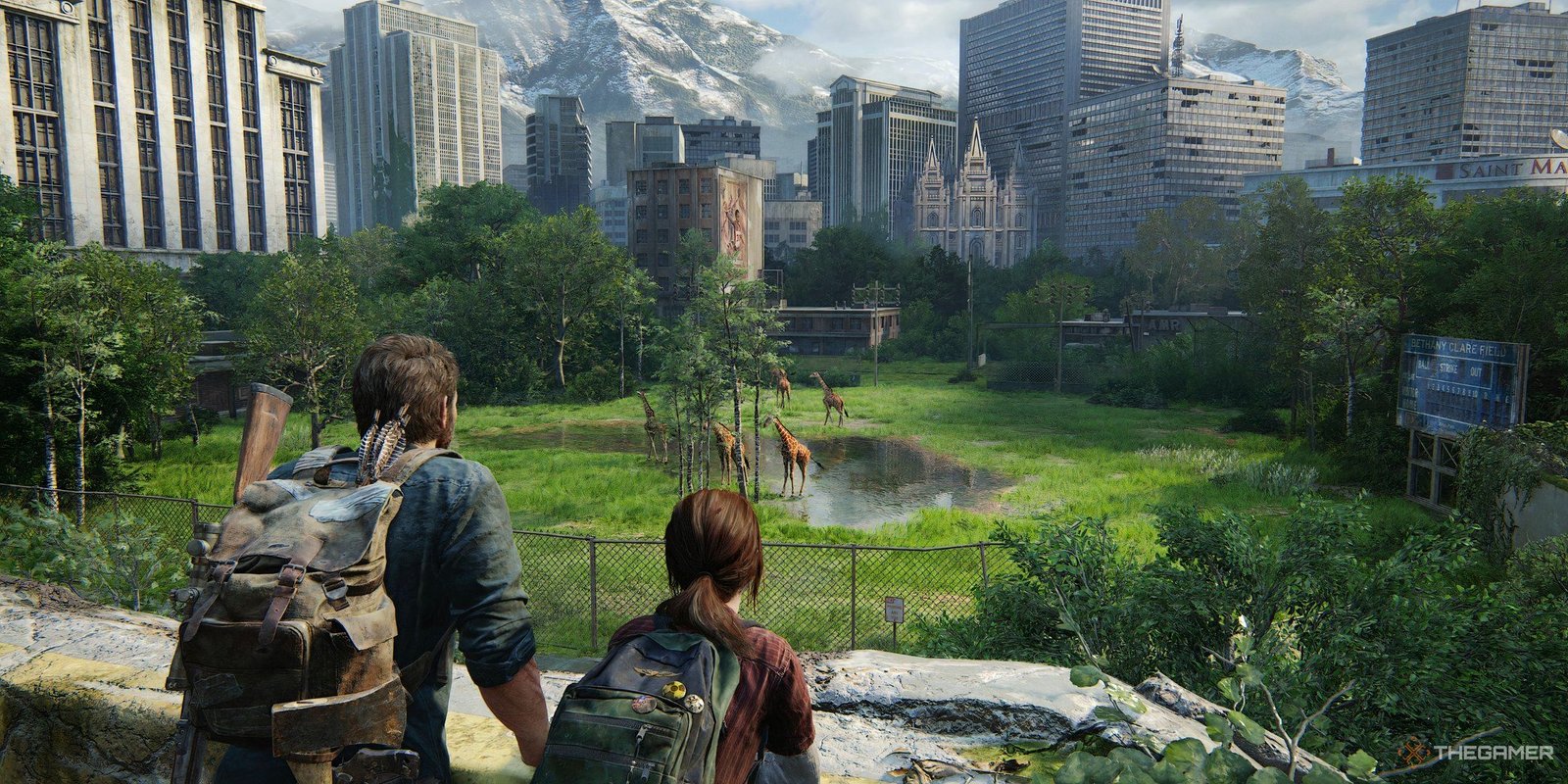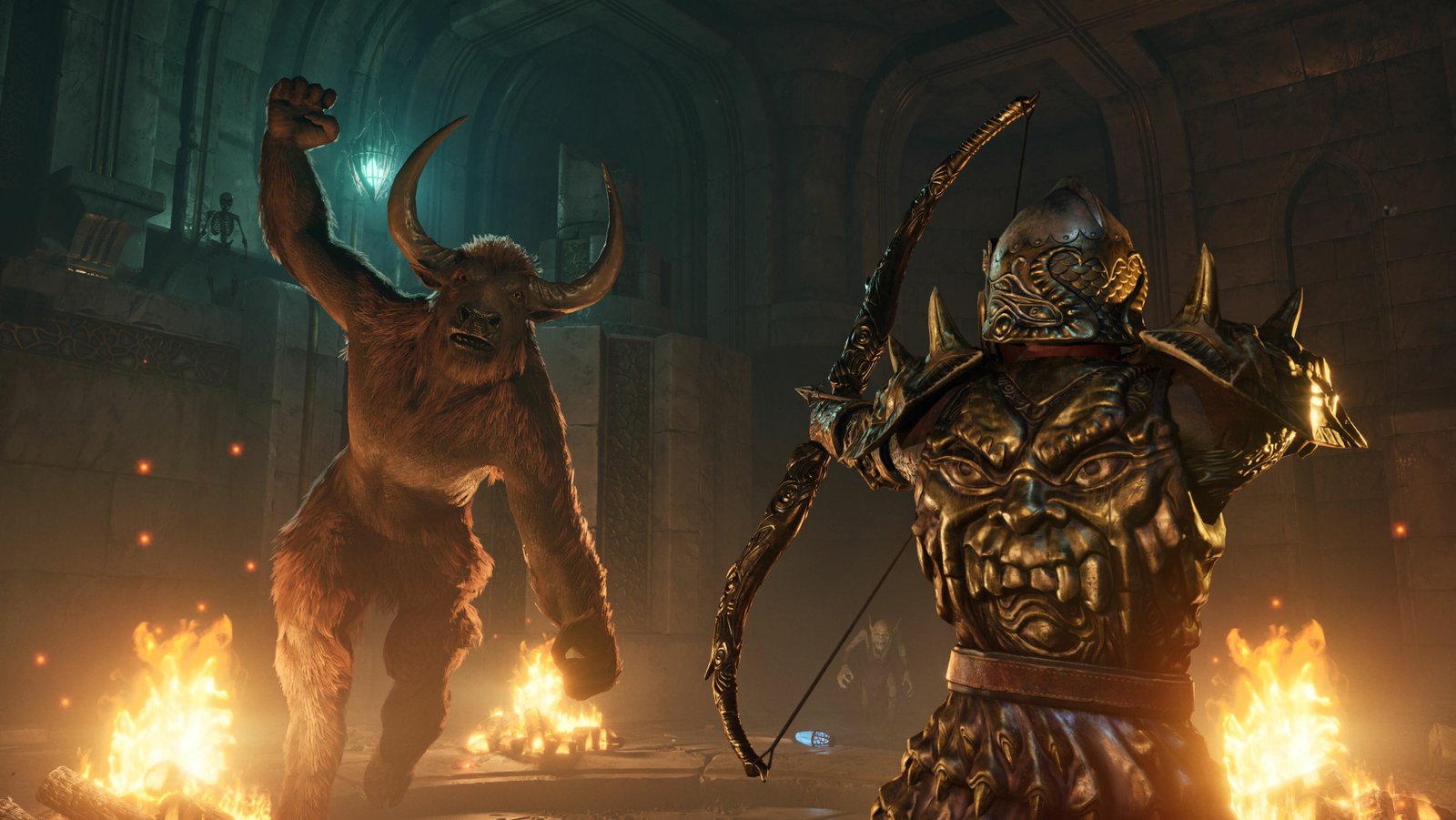The Elder Scrolls 4: Oblivion Remastered is officially one of the biggest games of the year. In the first month of release alone (according to Circana), it massively outsold the original game compared to its first 15 months on the market across Xbox 360 and PC. It was not just the best-selling game in the US for April in terms of dollar sales, but the third best-selling title of 2025 so far. And that’s on top of also being available on Game Pass. Folks love Oblivion.
Players had also been waiting years for it, with rumours and speculation about the remaster running so rampant that its existence essentially became an open secret (which it kind of was, thanks to the FTC leak). We all knew it would be arriving sooner or later, and when it did, it would take over the world. Oblivion did just that, and it’s quite astounding to see it effortlessly outperform new releases despite very little changing about the experience beyond the impressive Unreal Engine 5 visuals. Even so, it is still buggy, charming, and plays like the 2006 original in all the ways we know and love.
Its success also represents where the industry is right now, and how major developers and publishers have reached a plateau of creativity where all they can do is rely on the past.
Oblivion Remastered Has Me Worried About The Medium’s Future
Anyone even slightly immersed in the modern world of video games will know how long the big hitters take and cost to make. The Elder Scrolls 6 was first announced way back in 2018, and is likely still several years away from release. Intergalactic: The Heretic Prophet was already four years deep into development when Naughty Dog first showed it to the world, and it’s not difficult to conjure up countless similar examples like this. We have reached a point of visual photorealism and mechanical complexity, not to mention the rising expectations of players, that triple-A experiences that once came out every few years are now released a couple of times a decade. And so, to fill the gaps, we look back on the not-too-distant past.
Gamers are also nostalgic creatures, and we tend to hold our earliest gaming memories very close to our hearts. We’ll convince ourselves that ‘they don’t make them like they used to’ as we point to classics that have either aged beautifully or soured into a virtual trainwreck. I get why we feel this way about nostalgic classics, similar to how I can still sit down and play the likes of Final Fantasy 7 or Abe’s Oddysee despite being painfully aware of how far we have come since their release several decades ago. But when they make a return – whether in the form of fanciful remakes or digital releases – I can’t help but celebrate and prioritise them far above newer and arguably more interesting games. Developers and publishers realised this a long time ago, alongside how much money can be made capitalising on this nostalgia.
For several generations now, we have been treated to ‘definitive versions’ of recent releases or revivals of classic franchises from yesteryear packaged into fanciful collections complete with improved visuals, controls, and special features. Most of them are welcome and act as valuable touchstones of video game preservation, like Capcom’s slew of fighting collections, but others are transparent attempts to fill gaps in release schedules that wouldn’t exist if we hadn’t backed ourselves into an unsustainable corner in the first place.
Sony’s especially guilty of this with Horizon Zero Dawn and Days Gone receiving upgrades, which were sold to us as fully-fledged releases when, in fact, they dedicated resources to existing games instead of giving developers freedom to create something new. It’s a draining thing to witness.
The Last of Us Part 1 might be the most egregious example of this practice, given it launched at a premium price and was already a remake of a remaster of an original game that wasn’t even that old to begin with.
What Happens When The Well Of Nostalgia Finally Runs Dry?
I feel like a hypocrite for discussing this because I’ve been excited by the concept of major remakes and remasters frequently in recent years. The Final Fantasy 7 Remake trilogy has only been produced because Square Enix understood the enduring love millions hold for the original, while Skyrim has been repackaged again and again and again because it offers up a timeless appeal that few other games can match. When a corporation stumbles upon big games which people refuse to stop playing, any sense of artistic integrity is cast aside when they realise the endless profits that can be made. But what happens when this well of cheap nostalgia runs dry and the people pulling the strings have nothing left to peddle?
Oblivion Remastered deserves to exist, and I’m glad it finally got a new lease of life after all these years and was released to such critical and commercial acclaim. But the magnitude of the success it’s experienced points to how few triple-A alternatives there are right now, thanks to how long these games cost and take to make. The fact the biggest game of last month was a remaster of an RPG from two decades ago is a pretty damning indication of how much the blockbuster scene is struggling right now. Aside from live service platforms and indies way more people should be giving a chance, there is nothing else out there right now except the past being repackaged in the most transparent ways possible.
I shudder to think what the industry will look like in the next several years when developers and publishers are running out of nostalgia to capitalise upon and find themselves having to reconcile with the unsustainable medium they’ve perpetuated to the point of breaking. There will come a point where the past is nothing but an empty husk, and we’ll have no choice but to move forward. But by then, it might be too late.


